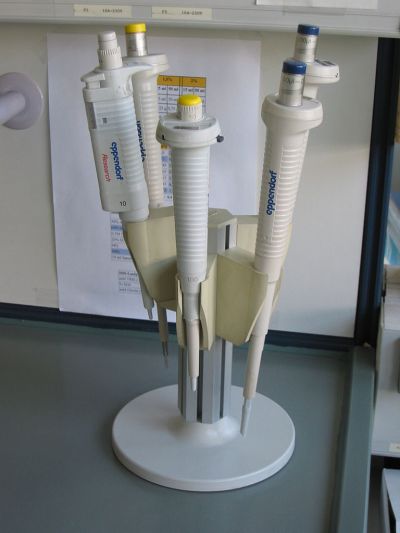Social aspects of scientific research

Pipets
By Magnus Manske (Made by Magnus Manske.) [CC BY 1.0 (http://creativecommons.org/licenses/by/1.0), GFDL (http://www.gnu.org/copyleft/fdl.html) or CC-BY-SA-3.0 (http://creativecommons.org/licenses/by-sa/3.0/)], via Wikimedia Commons
Novel research evaluation tools based in social models predict and measure the social impact of scientific research.
Research requires funding from agencies and decision makers. In order to provide this kind of support, evaluation tools are needed. Traditional evaluation tools are known for pinpointing the values and needs of research but fall short when it comes to the needs of society.
In light of this gap, the EU-funded project 'An observatorium for science in society based in social models' (SISOB) developed novel tools to measure and predict the social impact of research. It did so by modelling interactions between communities such as those formed by scientists, journalists, decision makers and consumers.
Seven universities and research centres from Europe and Latin America were brought together. Items on the agenda included creating a model of the social impact of science that can describe interactions within knowledge production. A set of indicators were designed and three cases studies took place to help with designing the novel tools as well as to provide insight. From that, new software tools were created to measure the impact of social interactions.
The work resulted in analytical instruments to be applied as practical support tools for decision makers and their advisors. Two sets of tools were created. One is most useful for decision and policymakers and the other is geared more for scientists and researchers. The tools can be found in open source software and are already being used by groups outside the consortium.
A wide dissemination of research was carried out via journals and conference papers as well as through social media. More information on the project can be found on its website.
published: 2015-04-20

